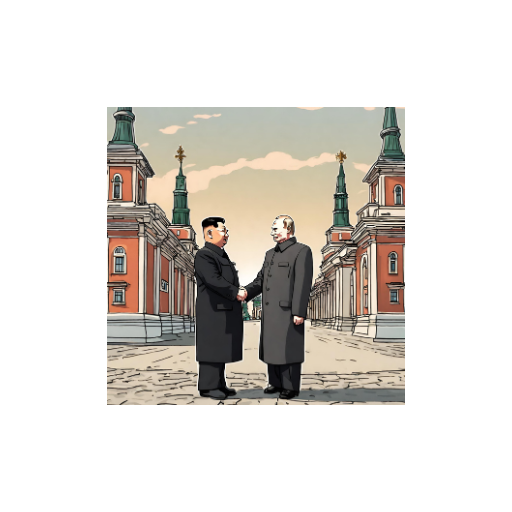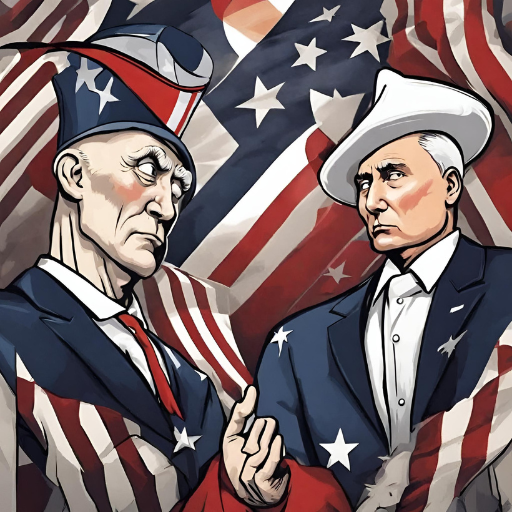
North Korean leader Kim Jong-un recently completed a six-day trip to Russia, his first overseas visit since the start of the COVID-19 pandemic. The trip was met with much speculation, with some experts believing that Kim was seeking Russian support for his nuclear program, while others believed that he was looking to strengthen economic ties between the two countries.
In this article, we will analyze the key takeaways from Kim Jong-un’s trip to Russia, as well as the perspectives from Russia and the United States. We will also provide additional facts and figures about the relationship between North Korea and Russia, and discuss the potential long-term implications of Kim’s trip.
Key takeaways from the trip
On Wednesday, September 14th, Kim Jong-un met with Russian President Vladimir Putin for a summit. The two leaders discussed a range of issues, including bilateral relations, regional security, and the denuclearization of the Korean Peninsula.
Kim Jong-un also visited a number of key military and technology sites in Russia, including a fighter jet factory and a strategic bomber base.
The trip ended with Kim Jong-un receiving a number of gifts from Putin, including a collection of Russian weapons.
Perspectives from Russia and the United States
Russia
The Russian government has characterized Kim Jong-un’s trip as a success, saying that it has helped to strengthen relations between the two countries. Russia has also said that it is committed to supporting North Korea in its economic development.
In a statement released after the summit, the Russian Foreign Ministry said that the two leaders had “agreed to continue to develop bilateral relations in all areas, including trade, investment, and cultural exchanges.” The statement also said that the two leaders had “discussed the situation on the Korean Peninsula and expressed their support for the denuclearization process.”
United States

The US government has expressed concern about Kim Jong-un’s trip to Russia, saying that it could lead to increased tensions in the region. The US has also urged Russia to use its influence to persuade North Korea to abandon its nuclear program.
In a statement released by the White House, National Security Advisor Jake Sullivan said that the US is “concerned about the potential for increased military cooperation between North Korea and Russia.” Sullivan also said that the US is “urging Russia to use its influence to persuade North Korea to abandon its nuclear program and choose a path of diplomacy and denuclearization.”
Additional facts and figures
- North Korea and Russia have had a long and complicated relationship. The two countries signed a friendship treaty in 1961, but relations have soured at times, particularly in the 1990s.
- Russia is a major trading partner of North Korea. In 2022, bilateral trade between the two countries amounted to $3.6 billion.
- Russia is also a major supplier of arms to North Korea. In 2021, Russia exported $1.1 billion worth of arms to North Korea.
- North Korea is a nuclear-armed country, and Russia is one of the world’s leading nuclear powers.
- Russia and North Korea have been cooperating militarily for many years. In 2018, the two countries held joint military exercises.
Conclusion
Kim Jong-un’s trip to Russia was a significant event, and it is likely to have a major impact on relations between the two countries. It remains to be seen what the long-term implications of the trip will be, but it is clear that Russia and North Korea are becoming increasingly close allies.
The trip has raised concerns in the United States and other countries, as they worry that it could lead to increased tensions in the region and could help North Korea to advance its nuclear program. However, Russia has said that it is committed to supporting North Korea’s economic development and that it is committed to the denuclearization of the Korean Peninsula.
It is too early to say what the full implications of Kim Jong-un’s trip to Russia will be. However, it is clear that the trip has strengthened relations between the two countries and that it could have a significant impact on the security situation in Northeast Asia and beyond.
